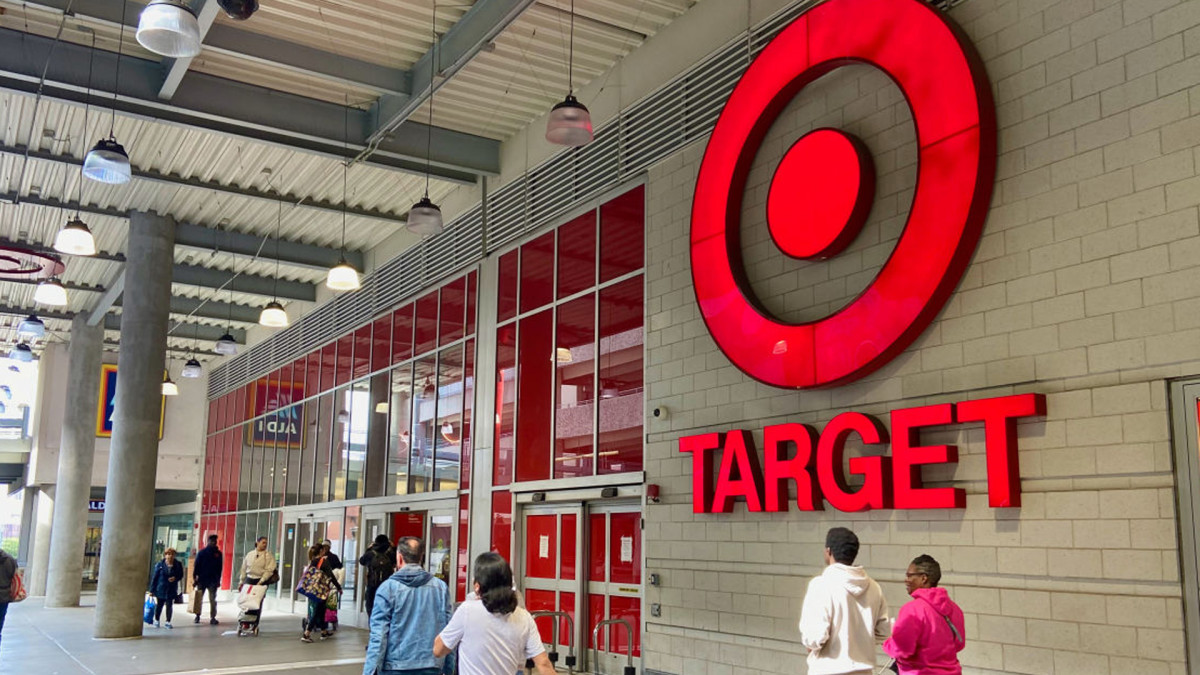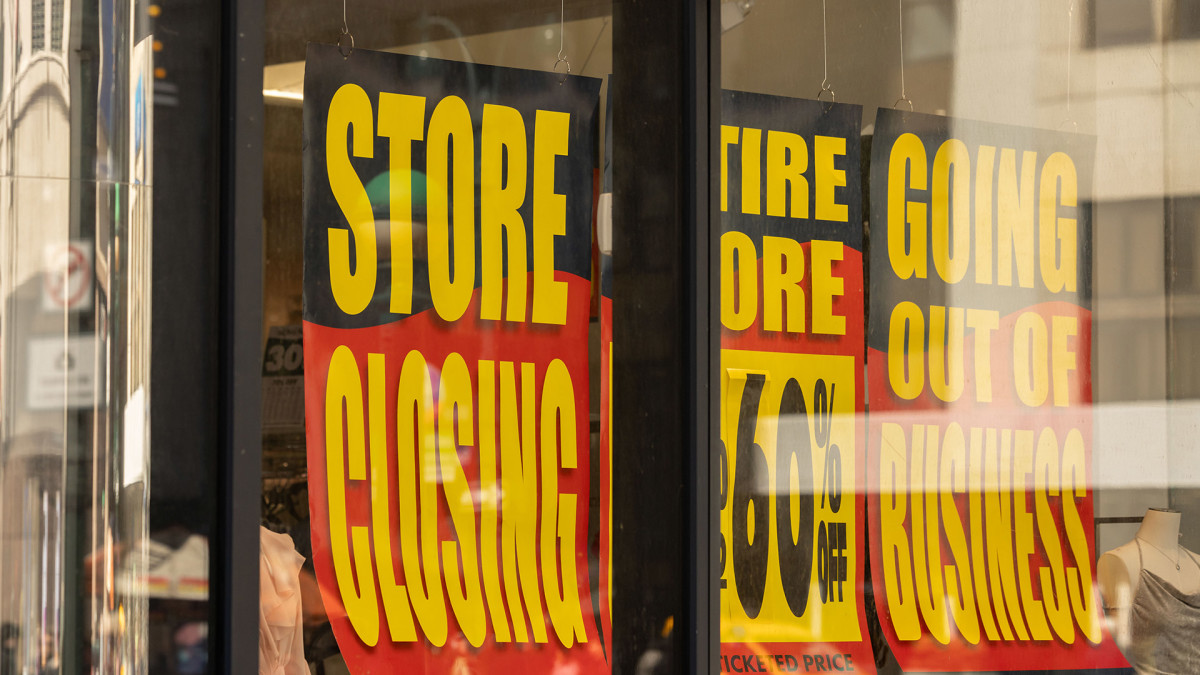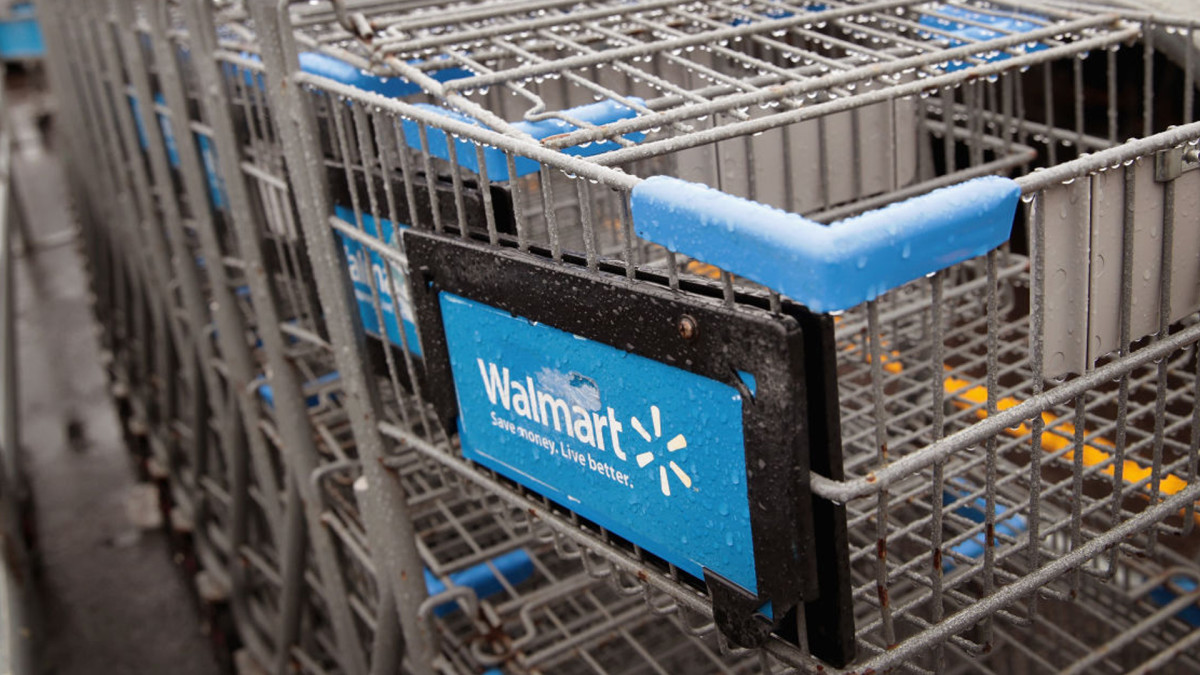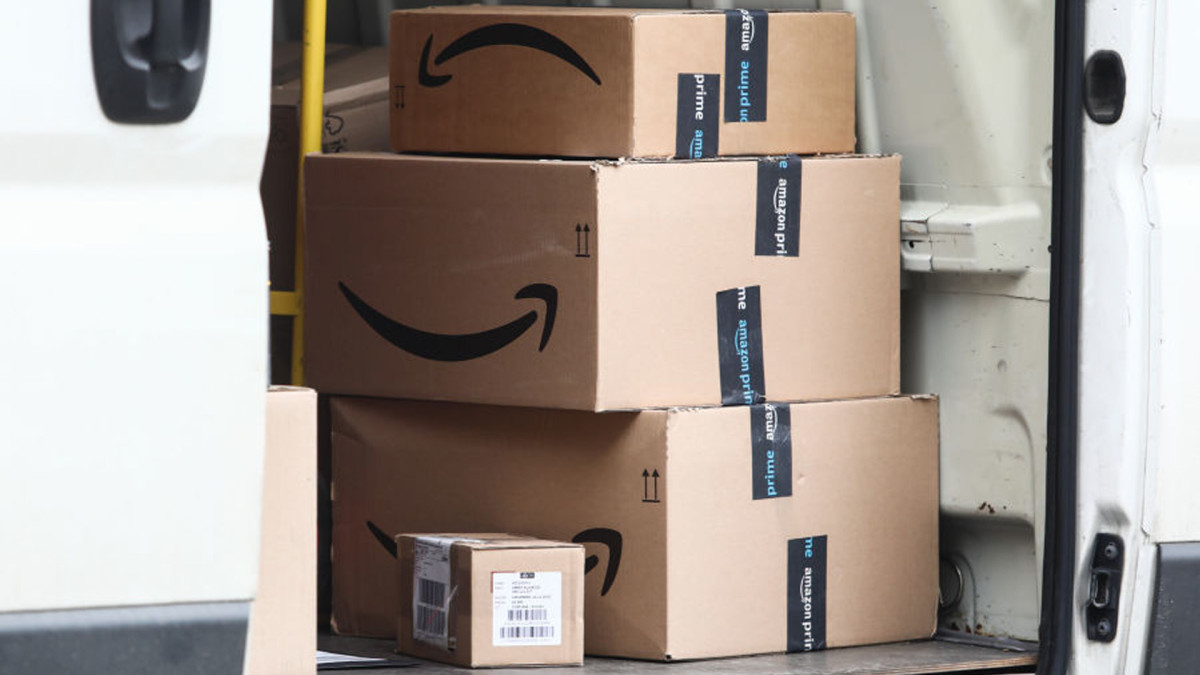Target’s bold move to lure back shoppers doesn’t go as planned
Target continues to see an alarming consumer trend.

Target (TGT) has been fighting for survival over the past few years as it struggles to get customers back into its stores amid controversy over higher prices and its company values and beliefs.
Target’s decision to scale back its diversity, equity and inclusion policies in January appeared to be the nail in the coffin, as it sparked several massive boycotts from angry consumers, exacerbating low sales.
A few months after the change, Target revealed in its first-quarter earnings report for 2025 that its comparable store sales dropped by 3.8% year-over-year. Also, data from Placer.ai found that the number of customer visits per Target location decreased by 4.8% year-over-year during the quarter.
To help win back customers, Target shared in a June press release that it would make back-to-school shopping “more affordable” for shoppers by “maintaining last year's prices on must-have supplies” as inflation and tariffs raise prices nationwide.
It also priced over 1,000 back-to-school items under $5 and ensured shoppers could purchase 20 essential school supplies for less than $20. Target even launched 20% off storewide discounts for teachers and college students through its Target Circle app. Image source: Justin Sullivan/Getty Images
Target's bold deals for customers flop
Despite these generous offers, Target’s focus on back-to-school affordability has reportedly failed to boost in-store foot traffic.
According to recent data Placer.ai shared with TheStreet, Target’s foot traffic fell by 3.3% year-over-year in August (the peak of the back-to-school shopping season), for the seventh consecutive month.
Even during the first week of September, customer visits in Target stores dipped by a whopping 6.2%.
Target’s failed bet on back-to-school deals comes after a recent report from market research company Wunderkind found that 48% of U.S. consumers have noticed higher back-to-school prices, and 20% are shopping less than before for these items due to the impact of inflation and tariffs on essentials.
This is no surprise, since shortly after higher tariffs went into effect on Aug. 7, impacting dozens of U.S. trade partners, consumer sentiment decreased by 5% at the beginning of August, the first decline in four months, according to recent data from the University of Michigan.
Based on recent store traffic trends across the retail sector in August, R.J. Hottovy, head of analytical research at Placer.ai, told TheStreet last month that consumers are switching their spending priorities.
“As we move through August, it’s becoming clear that consumers are being more strategic with their store visits, prioritizing needs over wants,” said Hottovy.
Related: Target stores will soon undergo big changes as shoppers pull back
The continued decline in foot traffic follows Target’s disappointing performance during the second quarter of this year. In its latest earnings report, the retail giant flagged that its comparable store sales decreased by almost 3.2% year-over-year during the quarter.
During an earnings call on Aug. 20, Target CEO Brian Cornell said the company is “far from satisfied” with its recent performance.
“We need to do better, and our entire team is focused on consistent execution, building further momentum, and getting back to profitable long-term growth,” said Cornell.
Target Chief Operating Officer Michael Fiddelke, who will soon take over as CEO in February next year, said during the call that the company will focus on offering better merchandise and customer service, and make “key technology investments” in its stores to boost sales.
Target still has a growing problem that could hinder its recovery
Despite these new investments, Target’s consumer boycott problem still lingers as it refuses to reinstate several DEI policies it removed earlier this year.
One of those policies include its participation in the Human Rights Campaign survey, which tracks LGBTQ+ corporate policies and practices. Target's Racial Equity Action and Change initiatives also got the boot, which focused on advancing the careers of Black employees, promoting Black-owned businesses and sourcing products from Black suppliers.
The People’s Union USA, a group that has been organizing boycotts of large companies since February, has organized another Target boycott for the whole month of September.
Related: Target boycott leader has harsh message for CEO as sales decline
The group’s founder, John Schwarz, previously said in a video posted on Instagram in May that Target has “had their chance” and “they're not doing anything” to respond to consumers' recent frustrations over DEI cuts.
The Rev. Jamal Bryant, a pastor from Atlanta who led a 40-day Target boycott in March protesting the company’s DEI cuts, said in an interview with PBS News last month that Target will continue to spiral downward if it doesn’t reinstate its DEI initiatives.
More Retail:
- Target has another big problem amid alarming customer behavior
- Dollar General announces big store change to win back customers
- Amazon pulls the plug on a free service for customers
“They will continue to hemorrhage,” said Bryant. “And I think, with 9.7% of foot traffic being slowed down, online sales being slowed down, the stock continuing to plummet, the valuation has dropped by $12 billion, then I think that it's time now for the shareholders to make their voice clear on what is needed and necessary.”
In conjunction with consumer boycotts, Target is also battling price-conscious consumers who are anxious about paying higher prices for everyday goods as President Doland Trump’s tariff policy ramps up.
Related: Walmart makes drastic move to keep customers from fleeing stores
What's Your Reaction?




















































